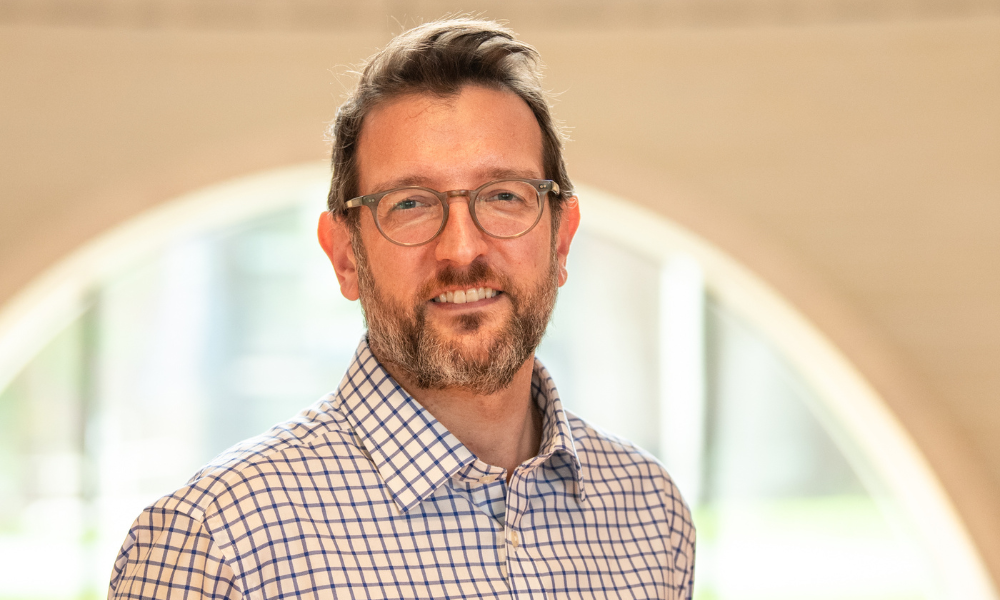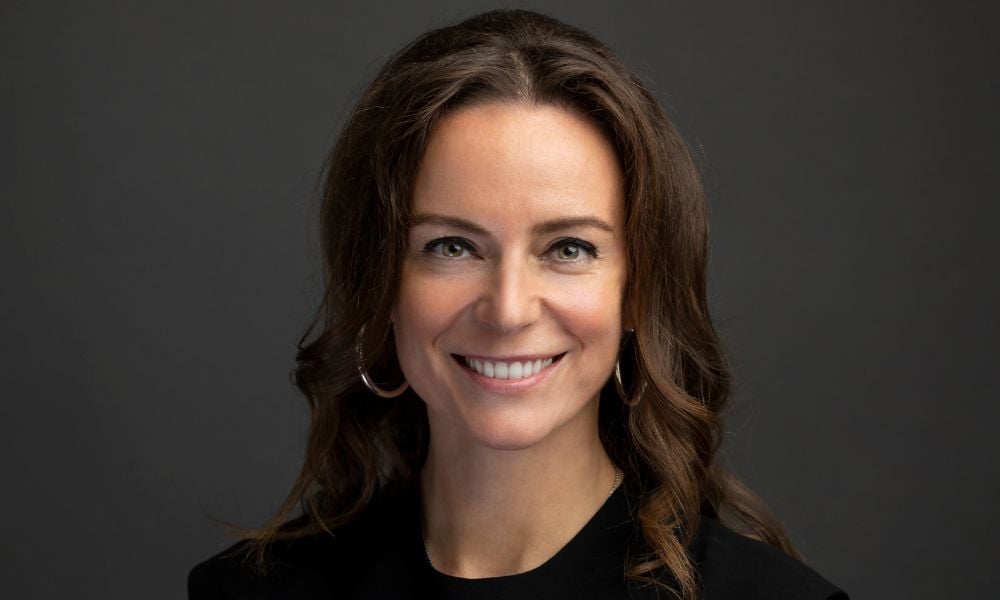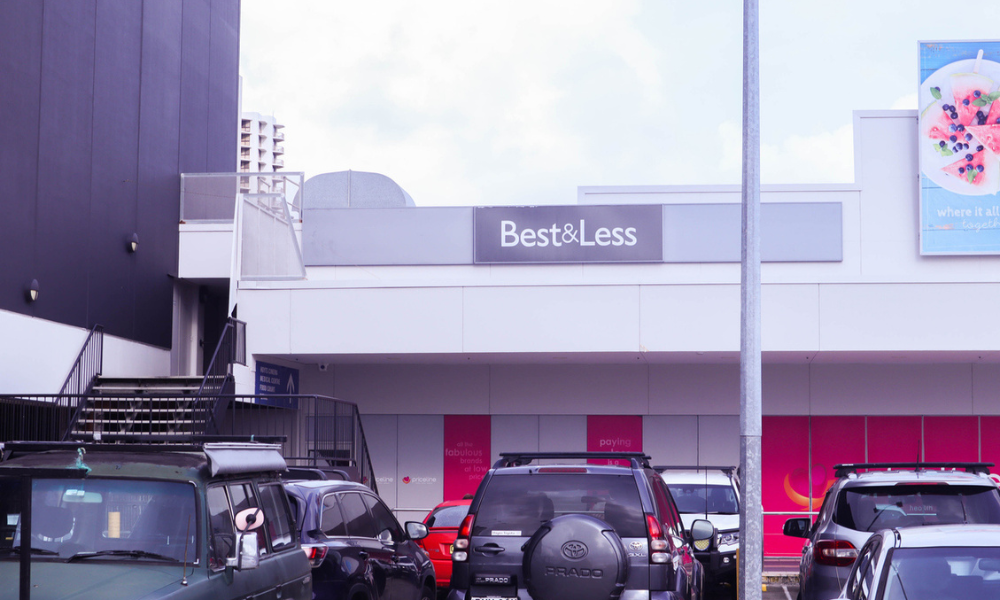Phillip Vaughan talks to HRD about past successes, HR initiatives at UQ and key trends in higher education

If there is one thing Phillip Vaughan, chief human resources officer at the University of Queensland (UQ), would say to up-and-coming individuals hoping to be successful in the HR sector, it is to be open to opportunities.
“My career was not a straight line, and I don't think many people's careers are,” he told HRD Australia.
“And so my general philosophy in life is ‘The answer is yes unless there is a really good reason to say no’. That's meant that I've accepted opportunities that are not always a promotion, necessarily, but it's building new skills, new capabilities, a new network or showing my competency or contribution that I can make to other areas of the organisation as well.”
Getting into HR
Vaughan began his career in the local government in the UK, working in public health. He later moved on to work in a union, where he got involved in industrial relations work.
After moving to Australia, Vaughan got the opportunity to work for the University of Queensland as a senior workplace relations consultant in 2010. He later had a stint in HR at Monash University in Melbourne before returning to UQ in 2023 as CHRO.
“What I enjoy about working in higher education is that we make a contribution towards something much bigger,” Vaughan said. “Universities exist for a higher purpose and so it's really exciting to be part of that.”
“I really have a strong connection to higher education because of the significant contribution it makes to try and to address the global challenges of our age.”
HR initiatives at UQ
There are several initiatives UQ has rolled out to support employees, such as an equity, diversity, and inclusion program which includes action plans around LGBTQIA+, disability and culturally and linguistically diverse groups, Vaughan said.
“We’re also in the process of finalising our Reconciliation Action Plan as well,” he said.
“And we've just completed negotiations with the unions on the new enterprise agreement. In that agreement, we've got some new provisions as well, including additional cultural leave for Aboriginal and Torres Strait Islander staff and language allowances for Aboriginal and Torres Strait Islander staff who are required to speak in Indigenous languages as part of their role.
“We've got targets in our enterprise agreement around Aboriginal and Torres Strait Islander Strait Islander employment and [we’re] seeking to continually increase representation of Aboriginal and Torres Strait Islanders in our workforce as well as our student body.”
The agreement will also include gender transition leave as well as support for staff who experience difficult situations such as domestic violence, Vaughan said.
“We've got our LGBTQIA+ Ally Network…a network across the university of people who undertake training in inclusive practices and understanding around gender diversity and sexuality,” Vaughan said. “And that network’s now 20 years old – we’re celebrating that this year.”
And on top that, UQ relaunched a new leadership capability framework program and has a gender equality action plan in place.
“We've got strategies that we're working on to further reduce the university's gender pay gap,” Vaughan said. “That's been incrementally decreasing year on year but we're continuing to look to see how we can accelerate progress in that area.”
Key trends in higher education
Vaughan described the changes that have been happening in the HR sector, particularly in higher education.
“HR teams have been on a continuous journey of evolving from a transactional-based service offering, where we make sure people get paid and do the basics, to a journey of providing more and more strategic support to the organisation,” he said.
“The COVID pandemic has almost accelerated organisations needs to draw upon insights and strategic contribution from HR. Particularly the way we've had to flex our workforce through COVID in terms of flexibility, but also potentially, whether we've got the right size of workforce as a result of what's occurred over time.
“And so in higher education we've had to drive from providing operational services [to] really now bringing insights and identifying opportunities for improving organisational effectiveness for the organisation.”
Vaughan also sees the opportunity for higher education to become more efficient through the use of artificial intelligence. He also highlighted the importance of being data literate.
“Being able to analyse and interpret that information, as well as then build a narrative and play that information back to clients is really important,” he said.
Further success in HR
Another tip Vaughan shared on how to be successful in the HR sector, is to have a client focus and be able to put yourself in your client’s shoes.
“That really comes back to those comments around HR being on this continuous journey from transactional and operational, to strategic and making a strategic contribution,” he said.
“And if you understand what your client's problems are, what their workforce challenges are, then you can start to help solve some of those problems together.”








